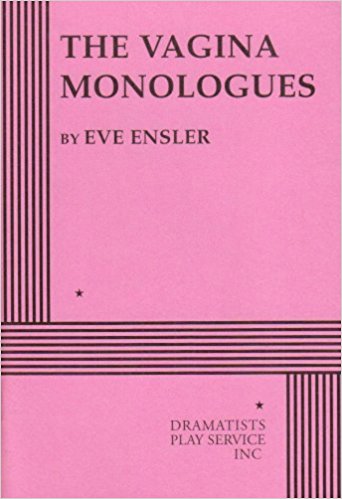By Sophia Simeone
Staff Writer
The English-speaking media is inconsistent in how it labels the terrorist organization currently occupying Syria and Iraq. Often, Western news outlets label the group “ISIS,” or “the Islamic State in Iraq and Syria.” Some prefer “ISIL,” meaning “the Islamic State in Iraq and the Levant.” In certain European countries, journalists have adopted the term “Daesh,” citing its popular usage in the Middle East.

So which is correct? Journalists’ choice of terminology is important, as each name carries unique political significance. To make the distinction, it’s necessary to put each term in the proper cultural context.
In American media, the group is commonly referred to as ISIS, although some news outlets abbreviate to IS. More recently, the name ISIL has gained traction, sparking unexpected political controversy. The Obama administration’s official adoption of ISIL garnered criticism in the media, as some claim it was an attempt to distance the government from its failures in Syria. “The last S stands for Syria; the last L they don’t want to have stand for Syria,” said NBC’s Chuck Todd in September 2016. President Donald Trump also criticized the term on the campaign trail, saying President Obama simply used it to “bother people.”
However, the true difference between ISIS and ISIL is a matter of linguistics, not of politics. In Arabic, the group refers to itself as “al-Dawla al-Islamiya fil Iraq wa al-Sham.” The word “al-Sham” is the source of confusion–in English, it has varying definitions, including “Syria,” “Damascus,” and “Levant.” Experts disagree over which translation is appropriate.
The real political debate should hinge not on the minutae of linguistics, but on the usage of ISIS/ ISIL/IS versus Daesh. “Daesh” is an acronym for the group’s Arabic name, and is loosely synonymous with the Arabic word for “to trample or crush.” While Daesh is rarely used by Western journalists, it is widely accepted in the Middle East. In response to the word’s popularity, the group threatened to “cut out the tongues” of anyone who used it.
The group has identified itself as the Islamic State since first declaring a caliphate in 2014, and believes the word “Daesh” undermines that claim. Referring to the group as the “Islamic State” is problematic for this very reason. Using the organization’s preferred name grants them tacit legitimacy.
Furthermore, the words “Islamic State” suggest that the organization represents the entire Islamic community. This is why countries like the United Kingdom and France have adopted Daesh. “Frankly, this evil death cult is neither a true representation of Islam, nor is it a state,” said former U.K. Prime Minister David Cameron in 2015.
Language matters. The language we use to define something affects how we perceive it. In a society plagued by Islamophobia, it is important to distinguish violent practitioners of extremism from members of the greater Islamic faith. American journalists: consider using Daesh. It’s the only name that does justice to the group’s true nature.



















